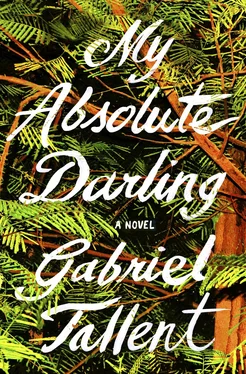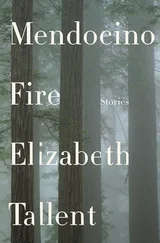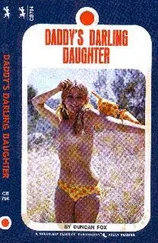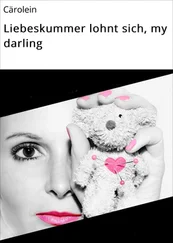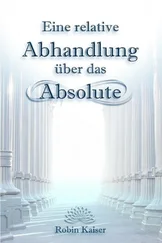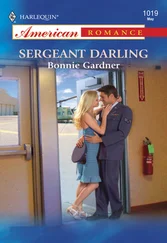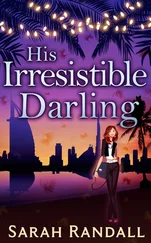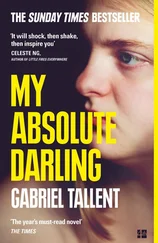“I want to die,” Turtle says, and she can hear herself speaking in a distorted, underwater way. She jaws open and closed, touching her jawbones beneath her ears, but there is nothing.
Martin moves to look away from the fire, but it is as if he cannot take his eyes from it. Turtle sits down, still holding her ears. The heat from the fire dries her skin. If the raspberries were not already so wet, they would burn. In places, the grass is aflame. Martin does not seem to care. There is the noxious smell of the burning cabinets, fiberboard panels, and insulation. They sit together in the grass. He talks, and she can hear him in some vague way, over the high, obnoxious single-tone ringing. Rosy barks, she runs in circles, she leaps up and down. She retreats and returns.
“Come here, kibble,” he says.
She comes close to him. He looks at her, studying her. Whatever he says next is lost to her and she looks at him without comprehension. Sweat cuts runnels through the dust on his face. He says, “Are you done with your old man, kibble?”
“No,” she says.
“You cunt,” he says. He buries his fingertips into her jaw. “What are you thinking behind that little mask of yours?”
She has trouble making out his words. She watches his face, reading his lips. She feels sick to her stomach. There is a sensation in her skull, in her ear, very close to pain but not quite pain. She jaws open and closed.
“Goddamn,” he says, looking intently down into her face. She cannot hear him say it exactly, but she sees his mouth form the word, Goddamn. He is fixed there in the firelight, as if looking down a well. “What are you? What are you, and what is in that little bitch mind of yours?” She just shakes her head, trembling against his restraining hands. He has her head in his grasp as if he can crush it, looking fixedly into her eyes. “What is in that little head of yours?” he says. “And how could I ever know?”
She closes her eyes. In the blackness, colors chase across her lids. She can see red adumbrations of the burning trailer. Smears of red and orange. Over everything, the high constant ringing tone. She could keep her eyes closed and lose herself in that monotone. It is emotionless and constant. Martin squeezes her neck and she opens her eyes to him.
“There is a terrible inwardness to you,” he says. “Look at you. You are such a goddamn pretty little thing . Your goddamn eyes. I look at them and I don’t see . . . anything. They say you can look into someone’s eyes and know them, that the eyes are the window to the soul, but I look into your eyes and it’s dark to me, kibble. They have always been dark to me. If there is anything in you, it cannot be read, it cannot be known. The truth of you, if it is there at all, exists beyond an unbridgeable and irreducible epistemological gap.”
“I’m sorry, Daddy,” she says. She strains to hear him over the high, constant tone. Inside, she is all hollowness. Out of her left ear, he sounds tinny, distant.
“I don’t think you even know,” he says, relaxing his grip, recoiling from her.
She feels gutted, with nothing inside of her and nothing to say, cannot think anything, cannot feel anything. If there is sorrow inside of her, she can’t tell. She feels like something has been pulled out of her guts, roots and all, some alder tree, and where it was before, a nauseous emptiness, but that is all she can feel, no sorrow, nothing. She would be capable of terrible harm, if she only wanted. She could do anything and there is no limit to the hurt she could do, only now, she wants to close her eyes and run her mind around that emptiness like running your tongue over the socket of a pulled tooth. If she could, she would stop her ears to that terrible, constant ringing noise.
“I have given up everything for you,” he says. “I would give you anything, kibble. But is that what you want? For them to hunt me down? Because they will . If that teacher ever catches on. If that fat fuck of a principal finds out, if anyone starts asking questions, if anyone ever finds out. Do you want that?”
She looks up at him and does not care. She can barely hear him, she isn’t certain what he is saying. She watches his face and she knows that this is serious, but she cannot feel that seriousness and she cannot convince herself of it.
“I’m sorry, Daddy.”
“Is that what you want?”
She says, “I want to die.”
“And even if you tell no one, if you give no sign, if you never breathe a word, but someone, anyone, comes to me again and so much as suggests, I will open your little neck, and won’t that be a goddamn beautiful thing. Then we’ll find out if you can be had. Then we’ll know. You think on that. You’re along for the ride, you little bitch. We will see what light is in your eyes then, what ineffable little spark they might lose. Watch your goddamn little corneas drying up like fish scales.”
She cannot follow him. Her mind is elsewhere. She thinks, is that what I meant, crawling up through the reflective mirror of the surface and out into this other world, did I mean to address him in some way he could not refuse and in some way for which it would be hard, terribly hard, to hold myself accountable? Is that what I wanted, and did I know, and if so—what part of myself is this, and who is she to me, sorting the rotten from the firm and guessing at these hollows of my mind, just guessing, is she still with me here?
She can barely hear him. If she looked away from him, she would not hear him. Painted across her vision, the afterimage of the burning trailer. The dark of her mind is lit with these things; alive, too, with the high constant ringing.
“Oh god,” he says. “Kibble, I am sick for you. The unreachable truth in you. Just beneath the surface. And when I look at you—there are moments . . . when I almost, almost — God. God.”
She waits there in the grass, feeling her every thought stored up and inarticulate within her. Martin gets up and walks away. She bows her head and lets the heat dry her skin, listening to the ringing, Rosy curled up beside her.
The breeze comes in the early morning and beads the sweet vernal grass with dew and she holds Rosy, both of them shivering with the cold and Turtle unwilling to rise, the dog’s body enclosed in her arms. Rosy feels bony, her belly soft, her hair short, the trees around the clearing lit with a sullen red glow. When she rises, cramping, moving a sluggish Rosy off her lap and into the grass, Turtle smells like burnt plastic. She caps her hand over her right ear, uncaps it, can barely tell the difference.
“Hello?” she says. Her voice sounds distant and strange to her. “Hello?” She stands in the clearing, gaping her jaws, mouthing. Rosy looks up at her. She says, “Hello,” and Rosy gives a little lurch, as if to launch into action, but then, not knowing what to do, stands looking up at Turtle, and Turtle cannot tell exactly how loud she is talking, but she can hear herself. She thinks, I have no idea how much is gone. Rosy watches her with her eyebrows raised to points. The dog stops, yawns, looks around, sits down, looks back at Turtle, who still stands in the clearing, watching the ravaged trailer, the line of the orchard, the forest, the glass blackened in a circle around the hulk. She looks up at the sky, clear and blue. She wants to die.
Turtle turns and slogs back through the dew-wet grass. She arrives at the house and with difficulty climbs the stairs onto the porch and opens the sliding glass door to find Martin sitting on the overstuffed chair, his feet flat on the floor, his arms flat on the chair’s arms. He stares into the ashy fireplace, a book open on his lap. Turtle walks past, hoping for a moment that he will say something and she will gauge her hearing by his voice, but he says nothing. Rosy stands at the threshold as well. Turtle opens her mouth to ask him something, just to hear his voice, but thinks better of it.
Читать дальше
Конец ознакомительного отрывка
Купить книгу
